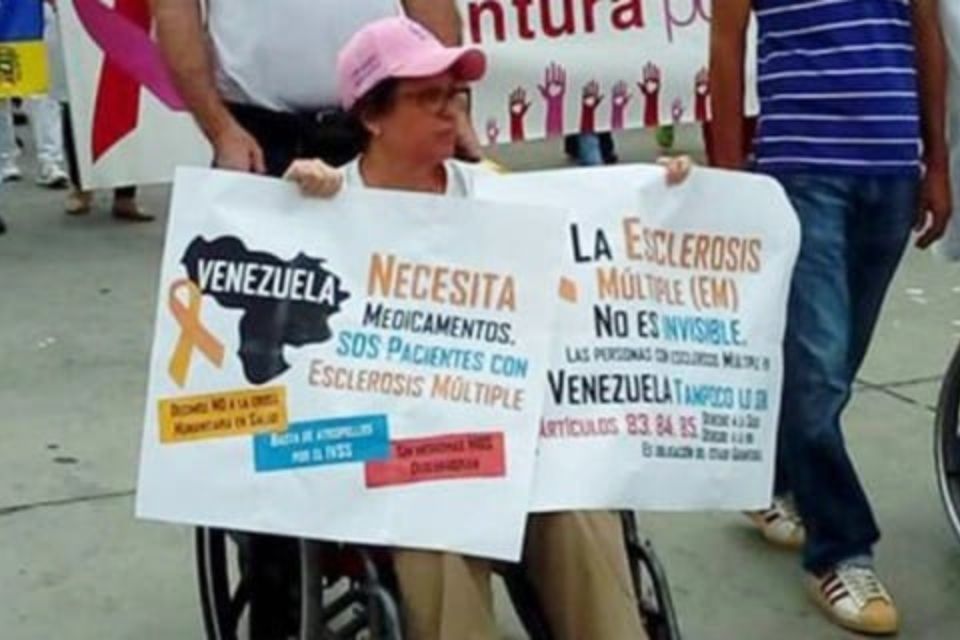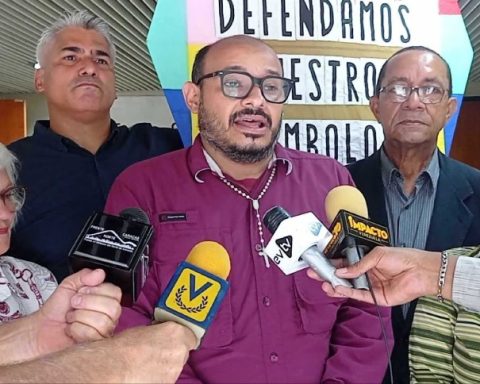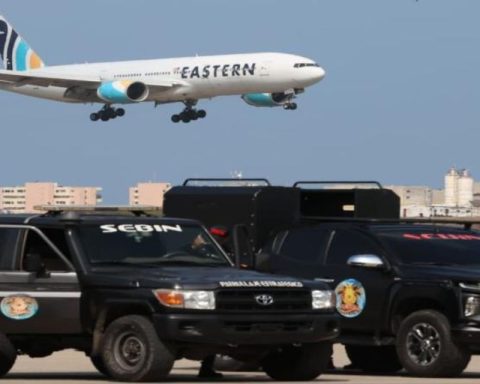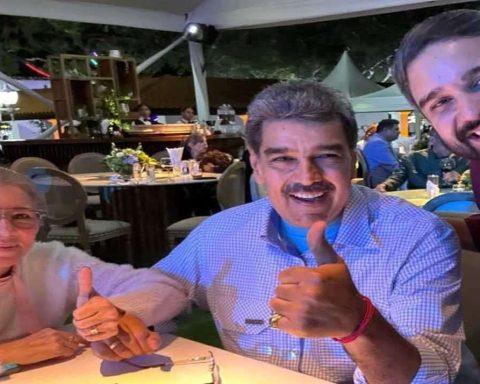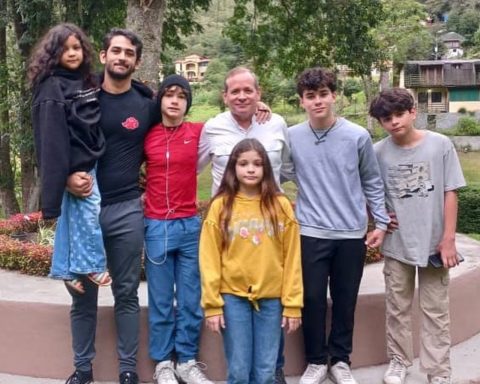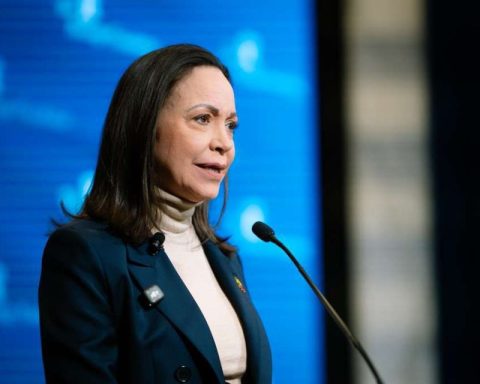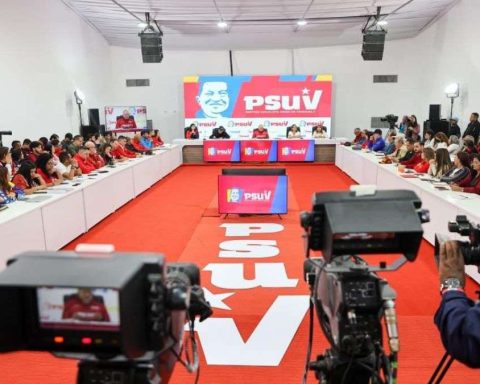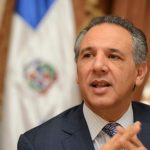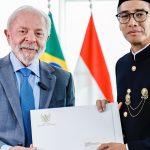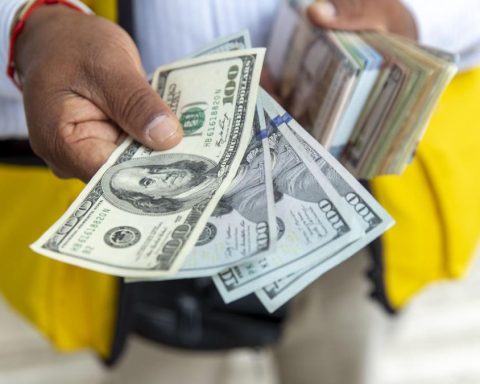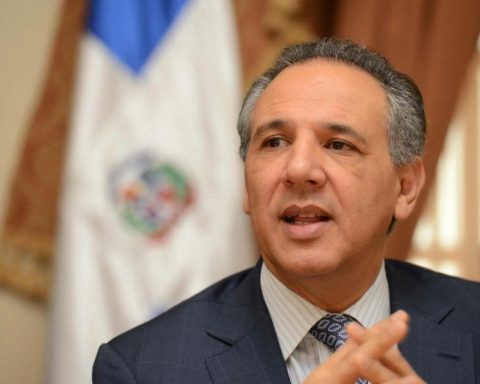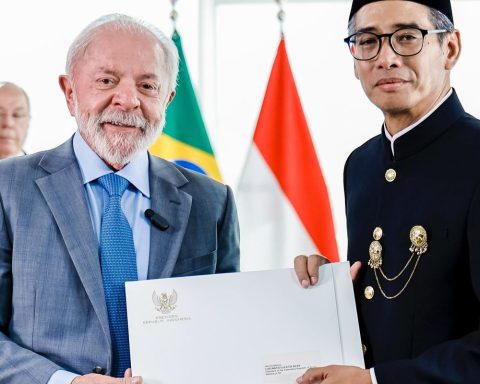According to the Civil Association of Patients with Multiple Sclerosis in Venezuela, in Venezuela there are -at least- 2,500 people with this disease. The Venezuelan Institute of Social Security only delivers three of the 15 medicines that it should provide to patients, as it is a high-cost disease that the State assumed through a program
Laura Clisanchez | Caroní Mail
Patients with multiple sclerosis (MS) in Bolívar state report that, although six months ago the Venezuelan Institute of Social Security (IVSS) resumed the sale of medicines to treat the disease, the supply continues to be limited and irregular.
Patients continue to urgently demand: a wide range of treatment, comprehensive care and access to therapy while living under the threat of the disease progressing and therefore disabling.
Multiple sclerosis is a disease in which the immune system attacks myelin, the protective covering of nerve cells in the brain, optic nerve, and spinal cord. It can be remitting, progressive or benign.
In most cases (80%) it is remitting, that is, the attacks are unpredictable and new symptoms appear or existing symptoms worsen. It causes muscle spasms, muscle stiffness, urinary dysfunction, and in cognitive symptoms. The person develops progressive disability.
The National Multiple Sclerosis Program, which provided just five of the 15 internationally available drugs for the treatment of the disease, ceased to function six years ago and, with its decline, the state also ceased to provide all high-cost treatment.
Since the end of 2021, the IVSS began to deliver sclerosis treatment again, but this supply only consists of just three generic and off-label drugs (interferon beta-1a, glatiramer acetate and interferon).
These medicines are first-line, that is, they act on the immune system to reduce the rate of disease outbreaks or new lesions in the nervous system.
*Read also: Invitation: 22% of older adults do not have access to health services
But according to what was reported by the patients, the State does not supply second-line drugs, those that are used when the person does not respond to first-line drugs and therefore requires more severe medications.
“The treatments that the IVSS is delivering right now are more effective for people with a recent diagnosis of MS. But we have to take into account that most of the patients were without treatment for more than six years, we have associated complications that do not respond to this treatment scheme”, explained Miguel Perozo, coordinator of the Civil Association of Patients with Multiple Sclerosis in Venezuela. (Acpem), in an interview with Caroní Mail.
“People who, like me, need second-line drugs, are left out,” added María Eugenia Monagas, a person with MS and president of Acpem.
MS treatment – depending on the drug – can cost up to a thousand dollars. That is why patients depend on state support.
“Whoever has this disease dies disabled. You never know how the crisis will manifest itself, whether with loss of sight, dizziness, memory problems (…) The treatment only prevents the progression of the disease as much as possible,” said Rachit Bravo, who suffers from MS for 25 years.
Bravo said that in Ciudad Bolívar the treatment available is scarce, and that there is a better chance of getting it at the Badán Pharmacy, at a minimum of 300 dollars. “I stopped taking treatment because I couldn’t afford it. I have done my best to accept my limitations, such as muscle spasms.”
His left ear no longer works, he has trouble speaking, and he has to walk with a cane at 55 years of age. “What we want is to have quality of life,” said the patient.
According to Acpem, in Venezuela there are -at least- 2,500 patients with this disease. According to the International Federation of Multiple Sclerosis (IFSM) this is comparable to one person for every 13,000.
The figure is the only record that civil society has given the lack of transparency of the Venezuelan Ministry of Health, an entity that has not provided official figures for almost a decade.
No complementary therapies
Added to the lack of quantity and variety of treatment is the fact that patients in Bolívar do not have a neurologist specialized in multiple sclerosis, nor complementary therapies such as physiotherapy routines.
“In the care units there is not even air conditioning. And without physiotherapy we are losing mobility faster. They also do not take into account people with reduced mobility for the infrastructure of the city, of the premises”, pointed out Enrique Obando, 68 years old and who has been dealing with the disease for 15 years.
Routine exams are also not accessible. The MRIs that patients must have annually to determine the progression of the disease and the size of the lesions usually cost between 200 and 800 dollars, depending on the state of the country in which the patient resides.
The lumbar puncture used to diagnose sclerosis is only done in Caracas and costs $300 and up. “A person needs between 400 and 500 dollars just to be able to diagnose the disease.”
Post Views: 262
